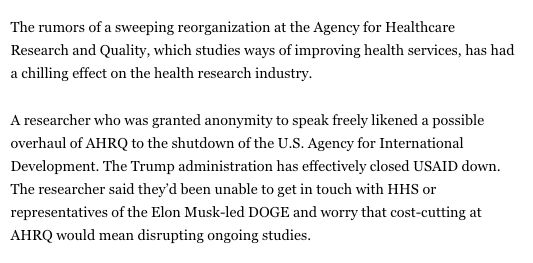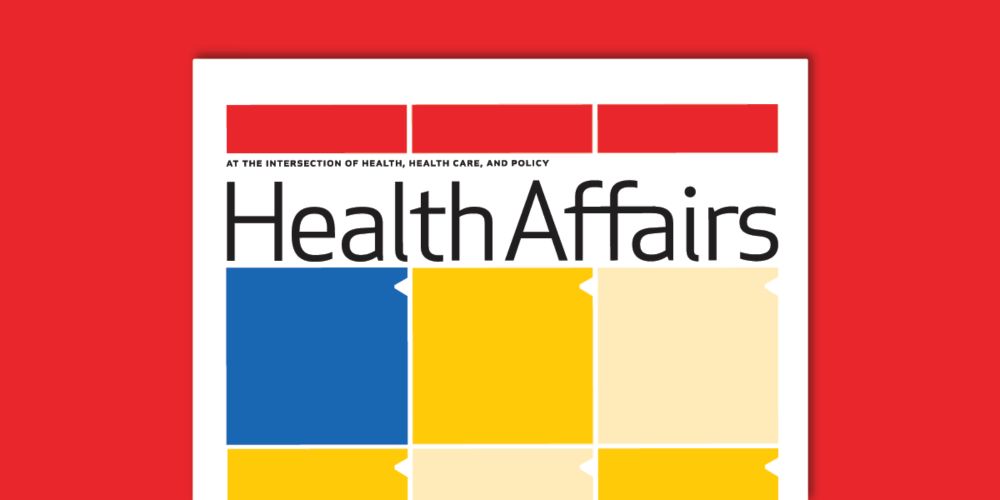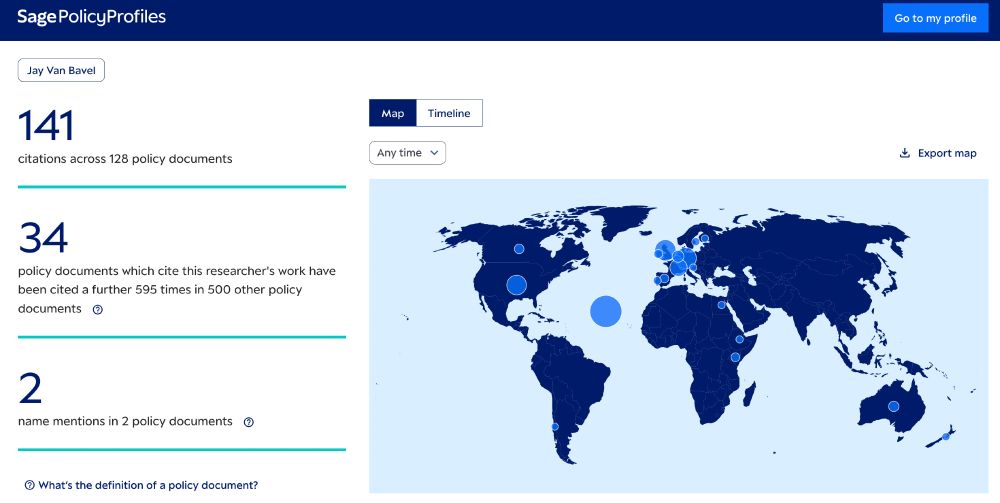Audrey D. Zhang
@audreydzhang.bsky.social
530 followers
440 following
940 posts
Primary care physician and health services researcher. General medicine fellow at Harvard/BIDMC. Studying how to improve quality of care for older adults. https://linktr.ee/audreydzhang
Posts
Media
Videos
Starter Packs
Pinned
Audrey D. Zhang
@audreydzhang.bsky.social
· Jun 27

Treatment Burden Among Older Adults in the United States, 2022
Background Treatment burden refers to the patient-perceived effort of managing health and health care, which impacts quality of life and engagement in care. International studies of treatment burden...
agsjournals.onlinelibrary.wiley.com
Audrey D. Zhang
@audreydzhang.bsky.social
· Jun 27
Audrey D. Zhang
@audreydzhang.bsky.social
· Jun 27
Audrey D. Zhang
@audreydzhang.bsky.social
· Jun 27
Audrey D. Zhang
@audreydzhang.bsky.social
· Jun 27
Audrey D. Zhang
@audreydzhang.bsky.social
· Jun 27
Audrey D. Zhang
@audreydzhang.bsky.social
· Jun 27
Audrey D. Zhang
@audreydzhang.bsky.social
· Jun 27

Treatment Burden Among Older Adults in the United States, 2022
Background Treatment burden refers to the patient-perceived effort of managing health and health care, which impacts quality of life and engagement in care. International studies of treatment burden...
agsjournals.onlinelibrary.wiley.com
Audrey D. Zhang
@audreydzhang.bsky.social
· Jun 24

Enhancing Health Survey Infrastructure for Chronic Disease
This Viewpoint discusses an opportunity to promote safeguarding, expanding, and modernizing the national health survey infrastructure as a crucial part of a comprehensive approach to address chronic d...
jamanetwork.com
Reposted by Audrey D. Zhang
Reposted by Audrey D. Zhang
Reposted by Audrey D. Zhang
Carl T. Bergstrom
@carlbergstrom.com
· Feb 8
NOT-OD-25-068: Supplemental Guidance to the 2024 NIH Grants Policy Statement: Indirect Cost Rates
NIH Funding Opportunities and Notices in the NIH Guide for Grants and Contracts: Supplemental Guidance to the 2024 NIH Grants Policy Statement: Indirect Cost Rates NOT-OD-25-068. OD
grants.nih.gov
Audrey D. Zhang
@audreydzhang.bsky.social
· Jan 14

Patient, Caregiver, and Clinician Perspectives on Time Burdens of Cancer Care
This qualitative analysis explores time-consuming aspects of cancer care that were perceived as burdensome, identifies the individuals most affected by the time burdens of cancer care, and evaluates t...
jamanetwork.com
Reposted by Audrey D. Zhang
Audrey D. Zhang
@audreydzhang.bsky.social
· Nov 28
Reposted by Audrey D. Zhang
Audrey D. Zhang
@audreydzhang.bsky.social
· Nov 16
Samir S. Shah
@samirshahmd.bsky.social
· Nov 15

Decision fatigue in hospital settings: A scoping review
Background “Decision Fatigue” (DF) describes the impaired ability to make decisions because of repeated acts of decision-making. Objectives We conducted a scoping review to describe DF in inpatien...
shmpublications.onlinelibrary.wiley.com
Audrey D. Zhang
@audreydzhang.bsky.social
· Oct 24
Audrey D. Zhang
@audreydzhang.bsky.social
· Oct 19












